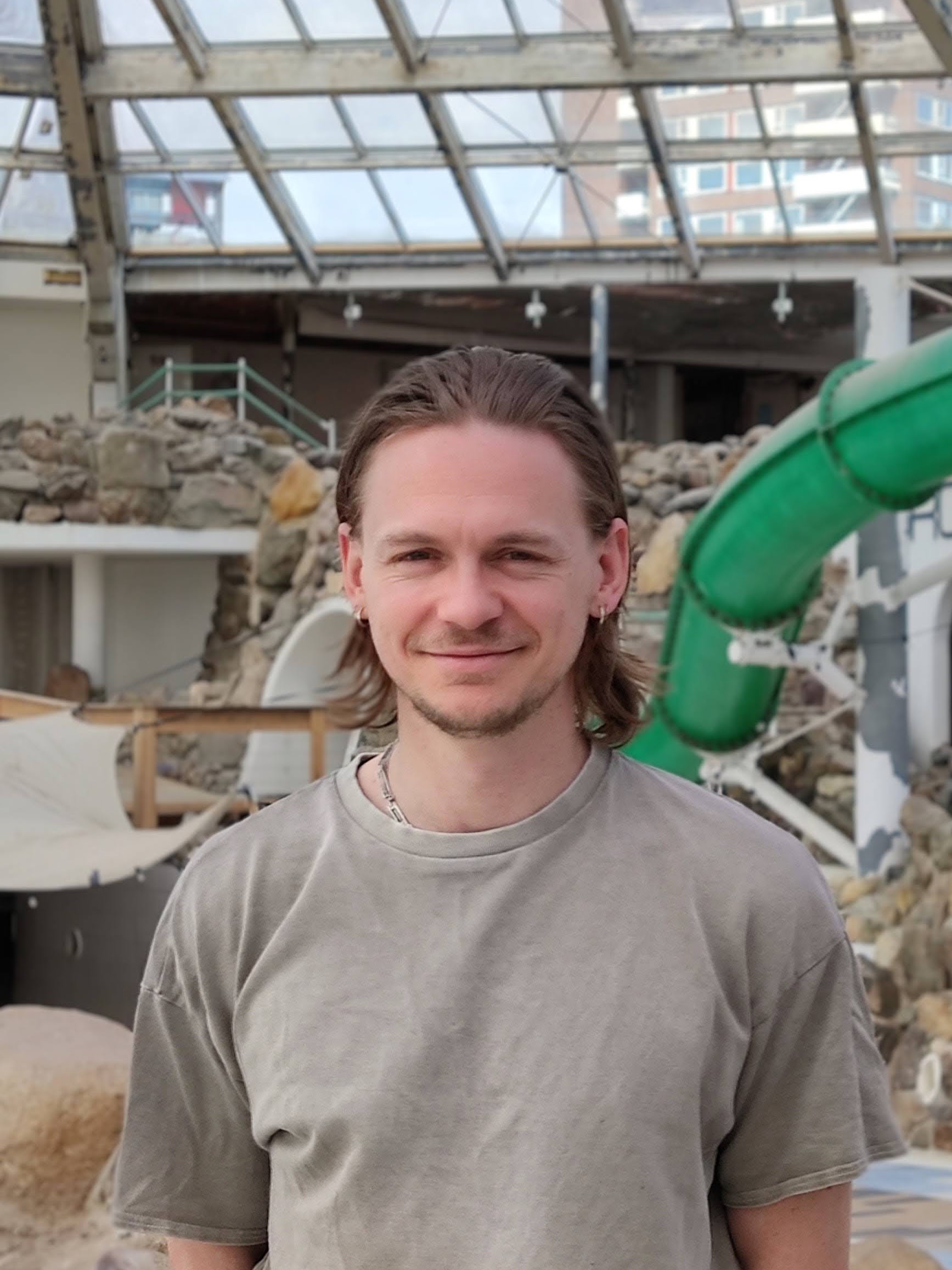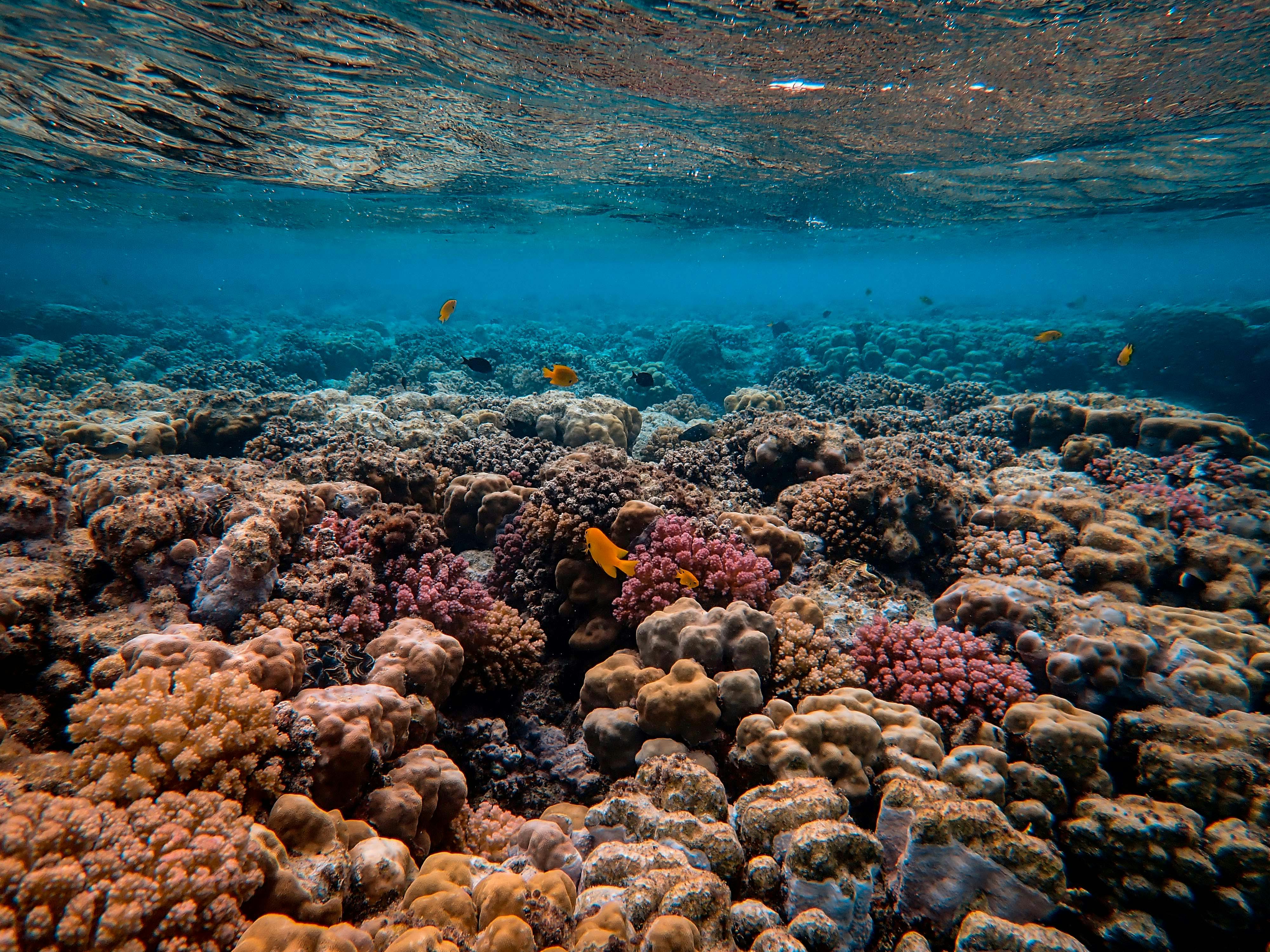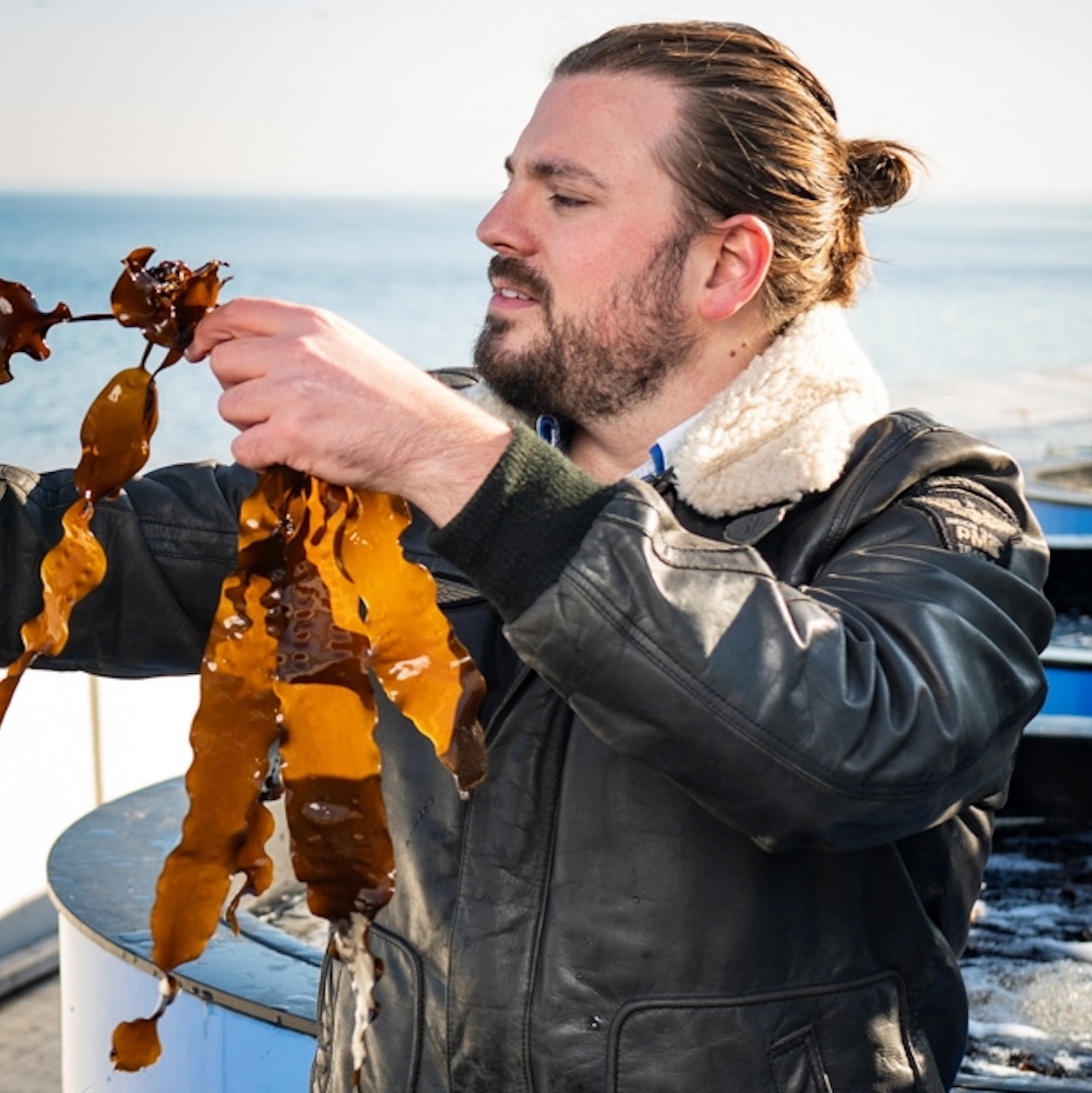
Entrepreneur Highlight
George Birch, Founder and Business Lead of Oyster Heaven, aims to restore North Sea oyster reefs. Overharvesting ruined these vital ecosystems. Oyster Heaven’s biodegradable Mother Reef aids oyster growth, proven successful in the Netherlands and Denmark.
Partnering with local fishermen, they offer new income opportunities and cost-effective restoration at €0.25 per oyster, funding sustainable ocean restoration projects.



